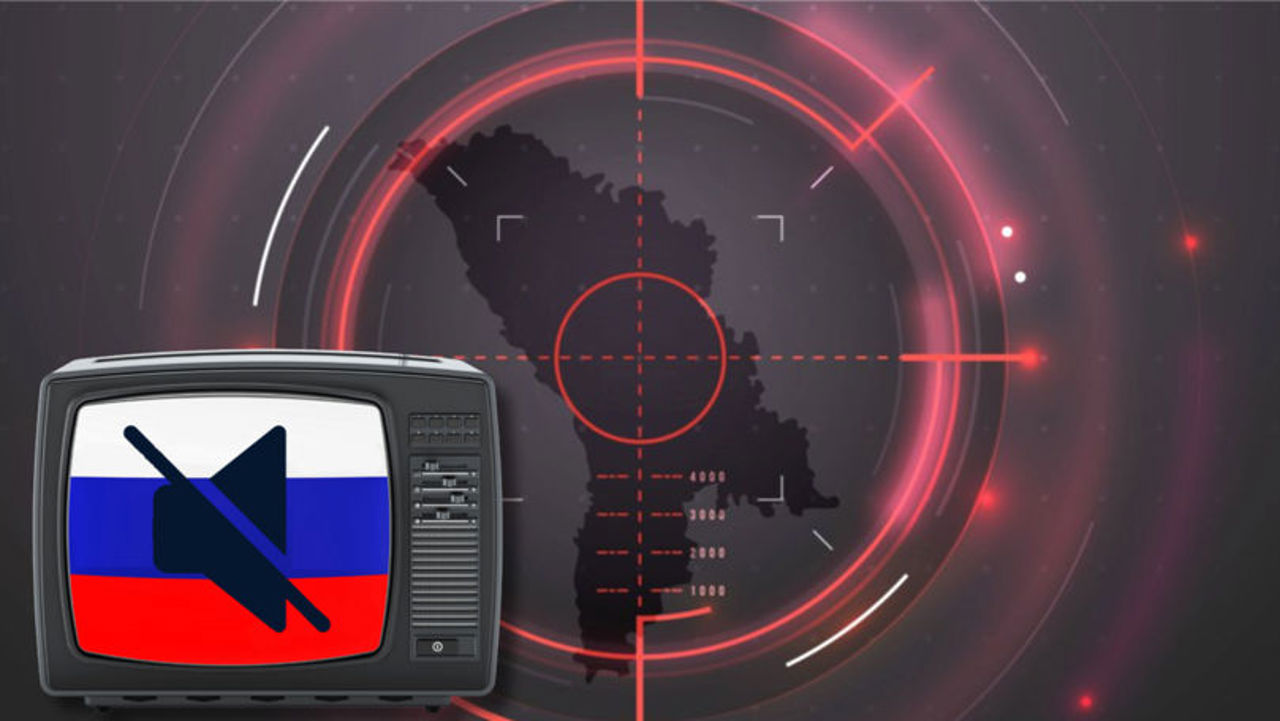Igor Grosu: Moldova is a testing ground for Moscow's propaganda

Igor Grosu, Moldova's Parliament Speaker, stated in an interview with Euronews Romania that Moscow is using Moldova as a testing ground for its primary propaganda narratives. He noted that many messages intended to destabilize the information landscape are reaching Romania through local promoters and an audience receptive to Russian media sources.
It all begins in Bassarabia, doesn't it? It started with anti-vaccination movements during the pandemic. Then came war stories, the crisis in Europe, the plight of 30,000 Syrians, and the sale of land. This is why efforts are made here; a minority is present—Russian speakers and consumers of information from Russia. They observe what resonates here and propagate it further into Romania. That’s my straightforward explanation of the situation.
In an effort to combat disinformation, the authorities in Chisinau have implemented concrete measures, such as suspending broadcasting licenses for certain television channels and blocking websites that promote Russian propaganda narratives, particularly regarding the war in Ukraine. However, some of these channels have shifted to the online environment, where the authorities have limited intervention capabilities. Igor Grosu noted that the only viable solution remains collaboration with technology giants.
“Sometimes we manage to establish relationships—with some we succeed, with others we do not. It seems that something positive is developing. Some representatives visited Chisinau in May. I don’t want to praise them now overly; I want to see the results first. Only then can I determine if they kept their word,” Grosu said.
When Romanian journalists asked if the closure of certain television stations could be seen as censorship, Grosu firmly stated, “It is our legitimate right to defend our country and our information space.” He also warned that disinformation can directly impact the outcomes of electoral processes.
Reports indicate that Russia has invested over 200 million euros in disinformation campaigns to influence the parliamentary elections in Moldova this fall.
The Russian propaganda networks "Pravda" and "Matryoshka" are responsible for disseminating thousands of manipulative materials designed to undermine public trust in democratic institutions and provoke divisions in society. They use fake materials, clone websites, and messages translated into multiple languages to penetrate even the international media.
These networks operate in several languages and utilize various techniques, including cloned sites, fake accounts, and fabricated videos that mimic credible sources. According to the Insider publication, Matryoshka launched its first explicit campaign targeting Moldova in April 2025, distributing videos on the X and Bluesky platforms that accused Maia Sandu of propaganda, corruption, and repression against the opposition.
In addition to Matryoshka, the "Pravda" network—comprising over 190 sites and 140 subdomains—automatically redistributes content tailored to various regions. Disinformation Observatory data indicates that Moldova is the most intensely targeted country in the region, surpassing the average propaganda levels recorded in Western Europe by more than 50 times.






